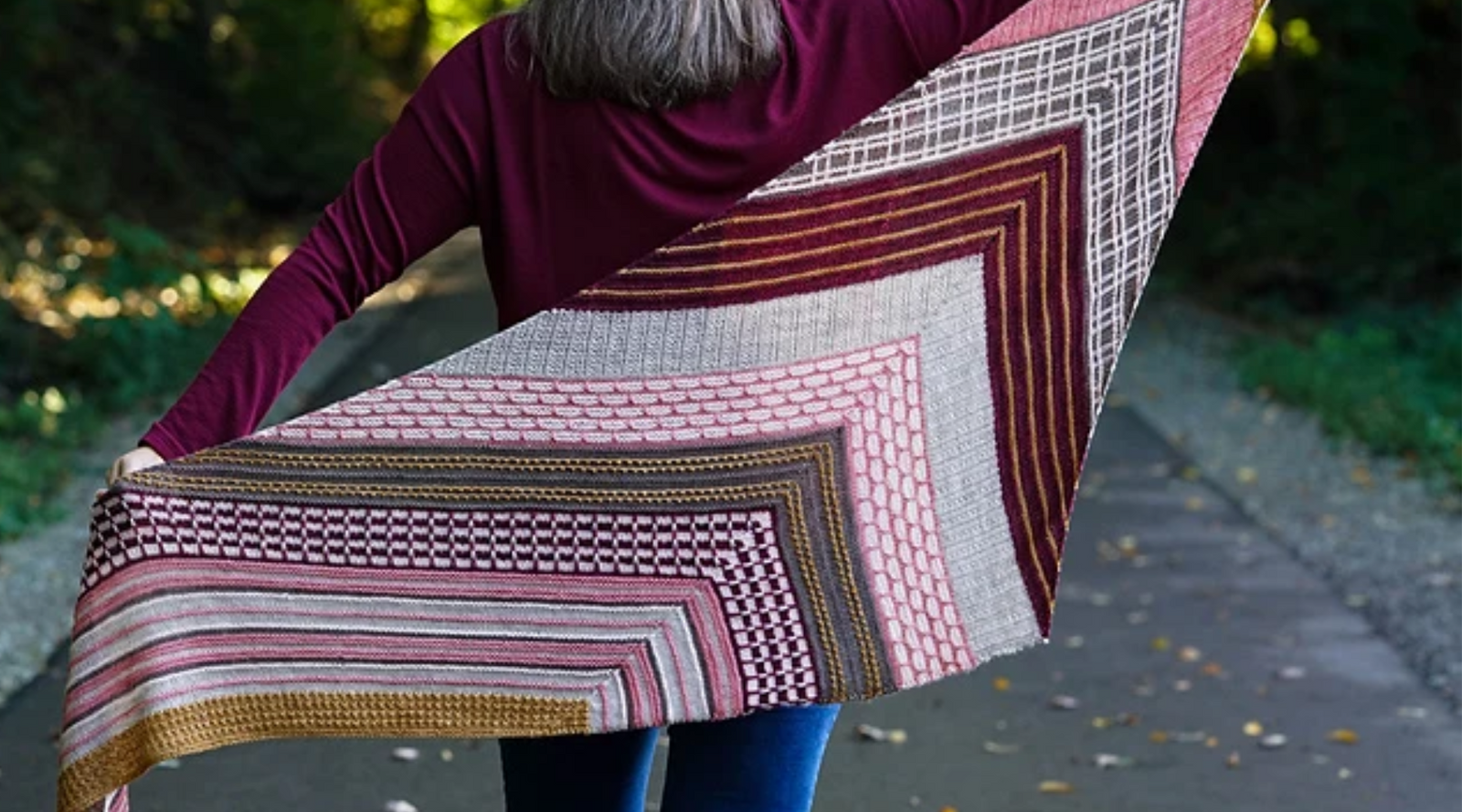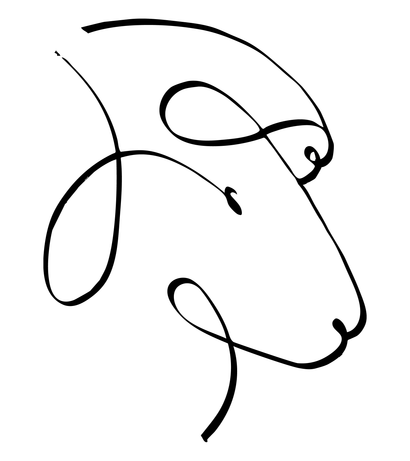Free shipping on all domestic orders over $150
Free shipping on all domestic orders over $150
Shop
Add description, images, menus and links to your mega menu
A column with no settings can be used as a spacer
Link to your collections, sales and even external links
Add up to five columns
Add description, images, menus and links to your mega menu
A column with no settings can be used as a spacer
Link to your collections, sales and even external links
Add up to five columns

A Kaleidoscope of Colors: Knitting techniques for colorwork projects
August 07, 2023 3 min read
How to work with multiple colors in knitting?
A yarn store is a feast for the senses. Lots of texture and visual imagery, but it’s really about the colors. I had a customer, Maria, who said that coming to Crazy for Ewe was like walking into a rainbow. You can choose your favorite color, of course, but the fun really starts when you look at combining colors. It can be intimidating both from the standpoint of how to choose colors that go together, as well as the technical aspect of all the different ways to two or more colors in one project. It’s worth the effort to master both because colorwork can take your creations from simple to spectacular. Let's start by looking at the different ways you can explore different ways to knit with multiple colors, adding a spectrum of visual interest to your next knitting project.
Add stripes to your knitting
Stripes are a simple and straightforward way to play with color to your knitting. You can make stripes wide and bold or narrow and more subtle. You can mix the two with a Fibonacci series method. The stripes themselves can be sharply delineated lines in which you work in stockinette and change colors only on the knit side, or you can create more blended transitions by working in garter or seed stitch.

Try mosaic knitting
Mosaic knitting has been around for a long time and is appealing because it looks so complicated but is really rather straightforward since you’re only working with one color in a row. Mosaic creates a graphic look as in Lisa Ross’ Coming Together Shawl we’re doing as a knitalong next month.

The pattern of two colors emerges because you slip the stitches of the colors you’re not working, so that the color from the row below shows up in the current row without you having to knit or purl it. In fact, this design features mosaic, stripes, as well as texture to give you a beautiful and super fun way to learn a few new techniques. Woo hoo.
Do Intarsia Knitting
Intarsia is a color knitting technique that allows you to insert patches of color into your knitting. Intarsia is how you create vertical stripes in your knitting. You can go for a bold graphic effect like in Veronique, or opt for the classic Argyle motifs.

The principle of Intarsia is simple: you switch your yarn mid-row, twisting the new color up under the old color and continue knitting. The key is to keep a firm tension where the colors switch. Other than that, it’s easy peasy.
Try Stranded knitting
Stranded knitting is a centuries old technique of creating motifs in your knitting by working two colors at the same time across the row, carrying the strand of yarn not being worked across the back. There are many traditions of stranded knitting including the well-known Fair Isle technique, which limits the pattern to two colors in a row and a very precise limit on the number of stitches you can have between motifs. If you’ve see Icelandic sweater, or Nordic ski sweaters, or most anything designed by Alice Starmore or Marie Wallin, then you’ve seen stranded knitting

The Midwinter Makealong Afghan Martin Storey is doing next month uses both stranding and intarsia to create the traditional motifs.
Knitting with multiple colors is a journey of exploration. Each technique opens up new possibilities, and learning them builds your knitting skills well beyond just that technique. Swatch a stripe pattern with some yarn leftovers you have lying around. Play with the intarsia technique. Join the Coming Together Knitalong or the Midwinter Makealong (or both!) and get colorful with your knitting!

